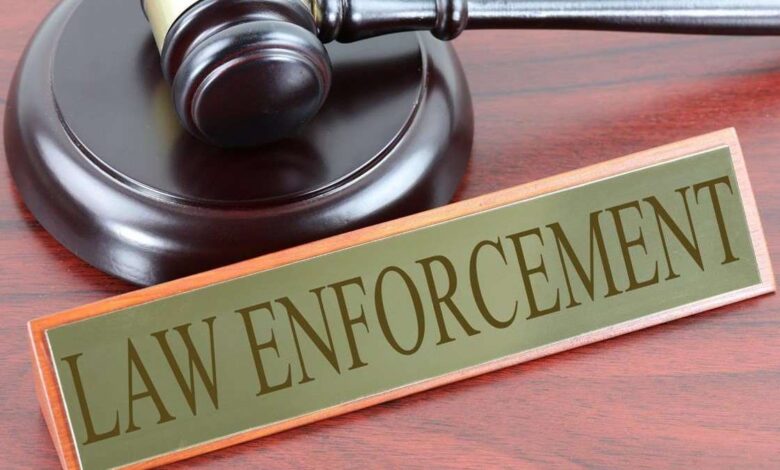3 Tips for Digital Literacy and Law Enforcement Interactions

In today’s digital age, every interaction with law enforcement has the potential to involve our digital devices. Being digitally literate isn’t just about knowing how to use technology; it’s also about understanding our rights and responsibilities in these interactions. From safeguarding our privacy to effectively communicating with authorities, digital literacy plays a crucial role in navigating these encounters smoothly and respectfully.
So here are 3 helpful tips for digital literacy and law enforcement interactions.
Understand Mutual Rights and Responsibilities
Knowing what you can and can’t do, and what law enforcement can and can’t do, is key to avoiding misunderstandings and keeping things respectful. It’s all about making sure both sides are on the same page and know where the boundaries are.
Take the time to research the laws in your area regarding digital privacy and law enforcement powers. There are plenty of resources out there, from legal websites to workshops by civil rights organizations. Staying informed is the first step to asserting your rights without causing any unnecessary friction.
Say you get pulled over for a routine traffic check, and the officer asks to go through your phone. Knowing that in most places, they need a warrant for that, you politely decline, explaining that you know your rights. This simple act can help keep the interaction respectful and drama-free.
Utilize Secure and Transparent Communication
Using secure communication tools keeps your stuff safe from prying eyes. But at the same time, you don’t want to make things harder than they need to be for the good guys. It’s all about finding that balance between privacy and cooperation.
Look into encryption tools and secure messaging apps that you can use for everyday communication. It might take a bit of effort to set things up initially, but it’s worth it for the peace of mind knowing your chats are safe from snoops.
Leverage Technology for Clear Documentation
Recording your interactions with law enforcement can protect both you and the officer if things get complicated. It means there’s a clear, unbiased record of what went down, which can be super helpful if you need to revisit the event later.
First up, check your local laws to see if you’re allowed to record police interactions. If you are, keep your device handy and, if you find yourself in a tense situation, calmly let the officer know you’re going to record the interaction for the sake of transparency.
Say you’re at a traffic stop and feel things might be escalating. Simply inform the officer that you’re starting a recording for the sake of clarity and protection for you both.
By following these tips, you can help ensure that your interactions with law enforcement are as smooth and respectful as possible, all while protecting your rights and privacy.